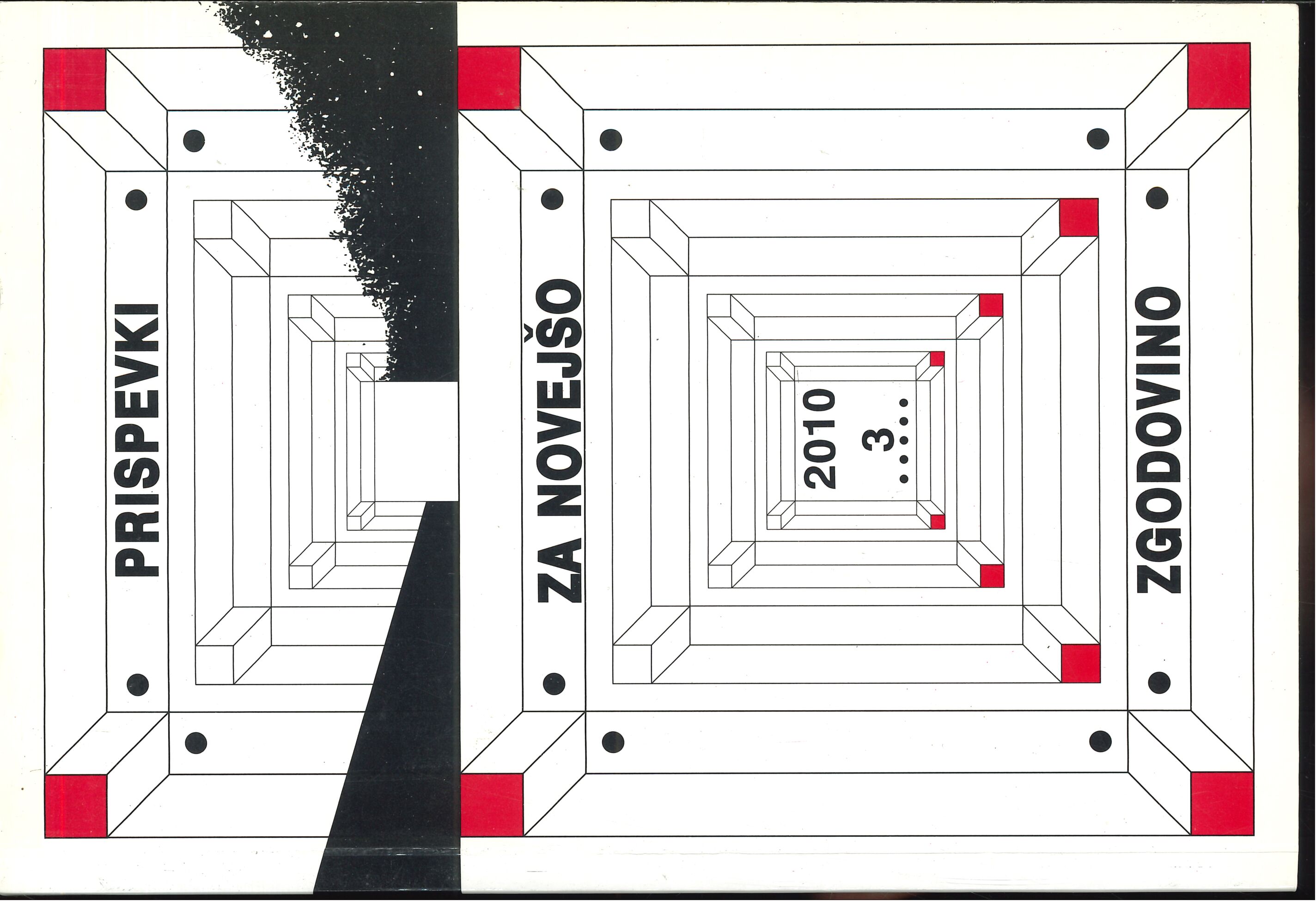Political Circumstances of Introducing the Military Doctrine of Total National Defence
Keywords:
Yugoslavia, army, military doctrine, total national defence, territorial defence, politicsAbstract
In the Second Yugoslavia the military doctrine of total national defence was introduced due to the foreign politicai and closely related military or defence reasons. These reasons originated in the East, in the ideologically similar political-military camp, led by the Soviet Union. The foundations for this doctrine, based on the experience gained from the partisan warfare in World War II and the Marxist idea of arming the people, were established towards the end of the 1940s, in the time of the so-called Cominform dispute, and revived and operationalised twenty years later during the Warsaw Pact intervention in Czechoslovakia. The decision for the introduction of this military doctrine was exceedingly political. Therefore the military leadership accepted this but was not happy about it. Namely, in the introduction of territorial defence units, answering to the authorities of the republics, it saw the possibility for the formation of nationally-based military units, which would supposedly degrade the unity of the Army and its command. ln the Slovenian territorial defence the military leadership saw the groundwork for the Slovenian army and an expression of Slovenian »separatism«. On the basis of archive materials of politicai origins (League of Communists) and (published) memory resources (military sources are not available), the author outlines the politicai developments during the change of the military doctrine in Yugoslavia in the end ofthe 1960s.
Downloads
Published
Issue
Section
License
Authors who publish with this journal agree to the following terms:
- Authors retain copyright and grant the journal right of first publication with the work simultaneously licensed under a Creative Commons Attribution License that allows others to share the work with an acknowledgement of the work's authorship and initial publication in this journal.
- Authors are able to enter into separate, additional contractual arrangements for the non-exclusive distribution of the journal's published version of the work (e.g., post it to an institutional repository or publish it in a book), with an acknowledgement of its initial publication in this journal.
- Authors are permitted and encouraged to post their work online (e.g., in institutional repositories or on their website) prior to and during the submission process, as it can lead to productive exchanges, as well as earlier and greater citation of published work (See The Effect of Open Access).


